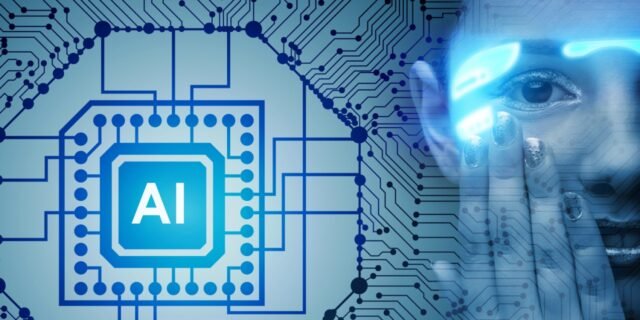
The rapid evolution of artificial intelligence (AI) technologies, especially in the field of generative AI, has sparked intense debate and legal scrutiny around copyright issues. This article delves into the current state of AI-generated content and its implications for copyright law, exploring key cases, regulatory responses, and the broader impacts on creators and the tech industry.
AI’s Role in Content Creation
AI systems like ChatGPT have revolutionized content generation by using extensive databases to produce responses across various domains. These systems, however, do not inherently understand the content they generate, raising questions about originality and authorship.
The Legal Landscape: Recent Developments
In the United States, the Copyright Office has issued guidelines emphasizing the necessity of human authorship in registering AI-generated works. This comes in the backdrop of notable court cases where the extent of human intervention in AI creations was central to the copyright claims, but clear legal standards are yet pending.
In Europe, the AI Act has introduced requirements for AI systems to disclose the use of copyrighted material in their training processes. This step is part of broader efforts to refine laws concerning AI-generated content, addressing the challenges posed by the use of copyrighted works without explicit consent.
Court Cases and Copyright Challenges
The intersection of AI and copyright has seen various lawsuits, such as those against AI companies by artists and writers claiming unauthorized use of their copyrighted materials in AI training datasets. These legal actions highlight the ongoing conflict between technological innovation and traditional copyright principles.
Regulatory Responses and Guidelines
The U.S. Copyright Office’s recent guidance stresses the importance of distinguishing between human and AI contributions in creative works. This is crucial for addressing issues around AI’s role in the creative process and its implications for copyright ownership.
Implications for Creators and the Tech Industry
The core of the debate centers on whether AI can truly create “original” work, or if it merely remixes existing human-created content. This distinction is vital as it affects how copyright laws are applied and how creators can protect their intellectual property in the age of AI.
Moreover, the ongoing legal challenges and the need for clearer regulations suggest that this issue will continue to evolve. As AI technologies become more sophisticated, so too must the frameworks that govern their use and the content they generate.
As AI continues to blur the lines between machine-generated and human-created content, the need for updated copyright laws is clear. Stakeholders ranging from policymakers to creators must engage in meaningful dialogue to address these challenges comprehensively. The dynamic between innovation and copyright protection remains a critical area for ongoing research, debate, and legislation.








